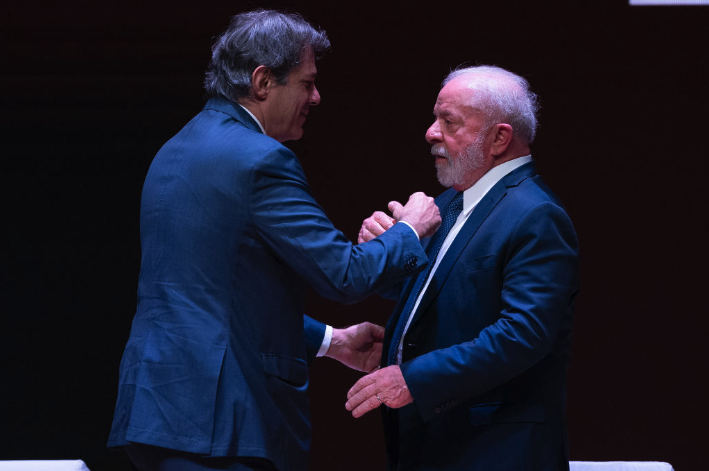SÃO PAULO—During the first months of his third presidential term, Lula’s domestic challenges—including an armed insurrection in Brasília, public infighting inside his unwieldy governing coalition and the president’s tense relationships with the heads of the lower house of Congress and the central bank—suggested that he would not be able to sustain his frequent international travels and his habit of regularly seeking to engage, often in a controversial fashion, on geopolitical issues such as the war in Ukraine and the political situation in Venezuela. After all, one of the key requirements of a muscular foreign policy in Brazil has traditionally been domestic stability, which has been in short supply over the past decade.
As Lula begins his eighth month in office, however, a series of factors have significantly improved Brazil’s political and economic outlook. These range from the president’s decision to cede additional ministries to the powerful group of center-right parties nicknamed the “Centrão,” to guarantee governability; to falling inflation (which, ironically, he partly owes to Central Bank President Roberto Campos Neto), to Finance Minister Fernando Haddad’s remarkable capacity to advance both tax reform and a new fiscal framework; not to mention growing excitement among investors both at home and abroad. All this suggests Lula may enjoy, at least for now, precisely the domestic tranquility needed to emphasize foreign policy, a favorite topic.
Comparisons to Brazil of the late 2000s, when the country was briefly a top economic performer and international darling, continue to be misplaced. Even in the most optimistic scenario, growth this year will be lower than 2022, when the economy grew….









